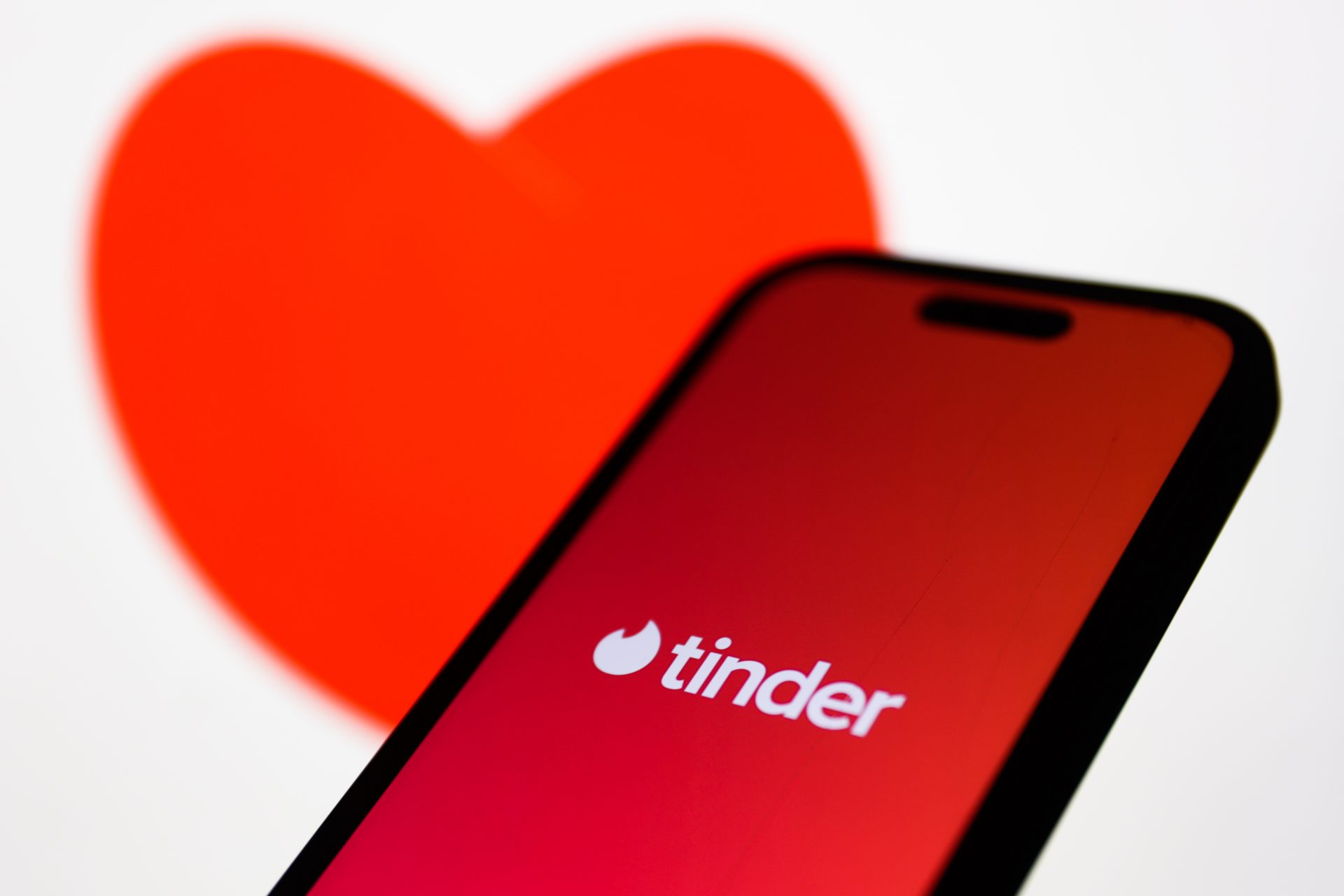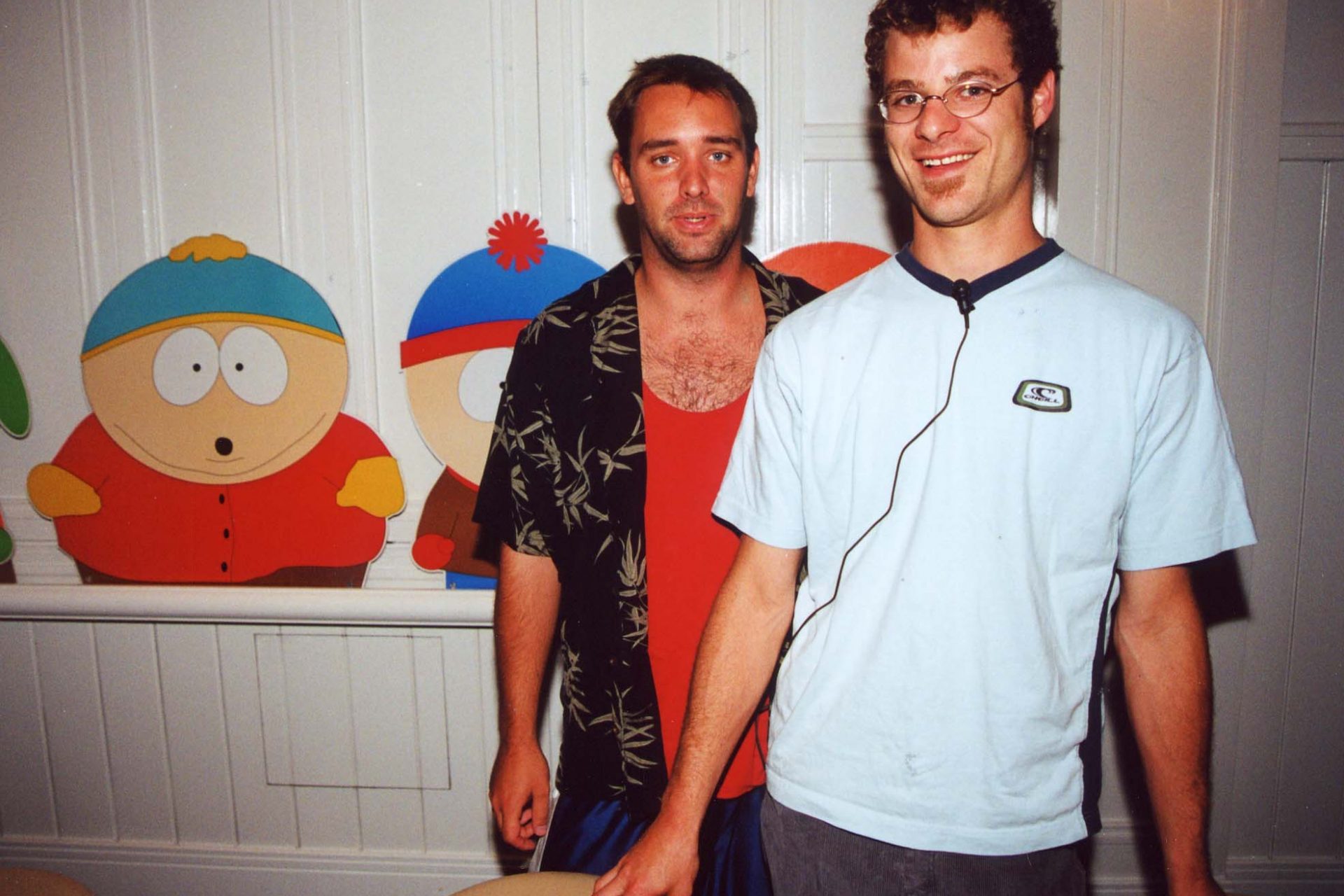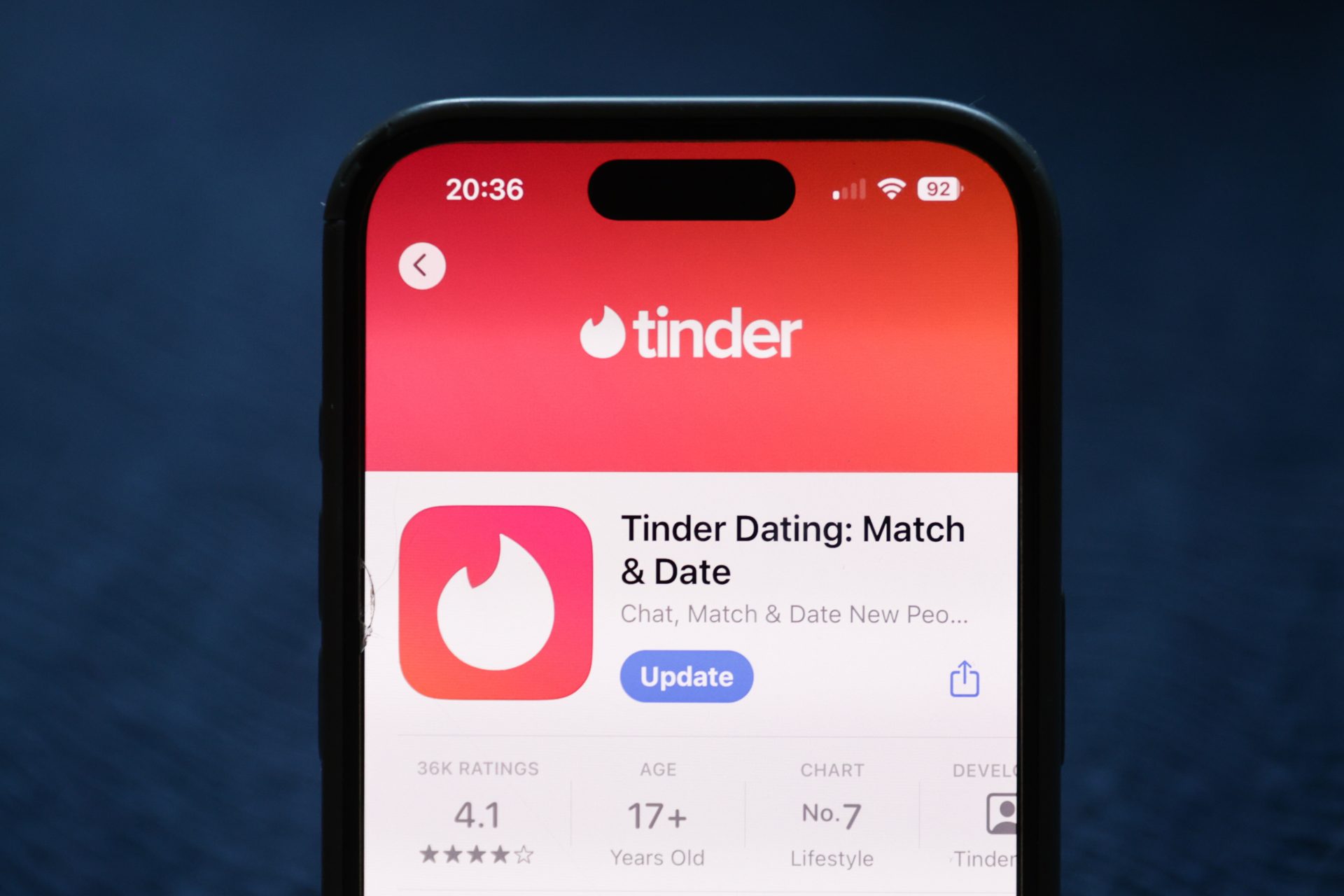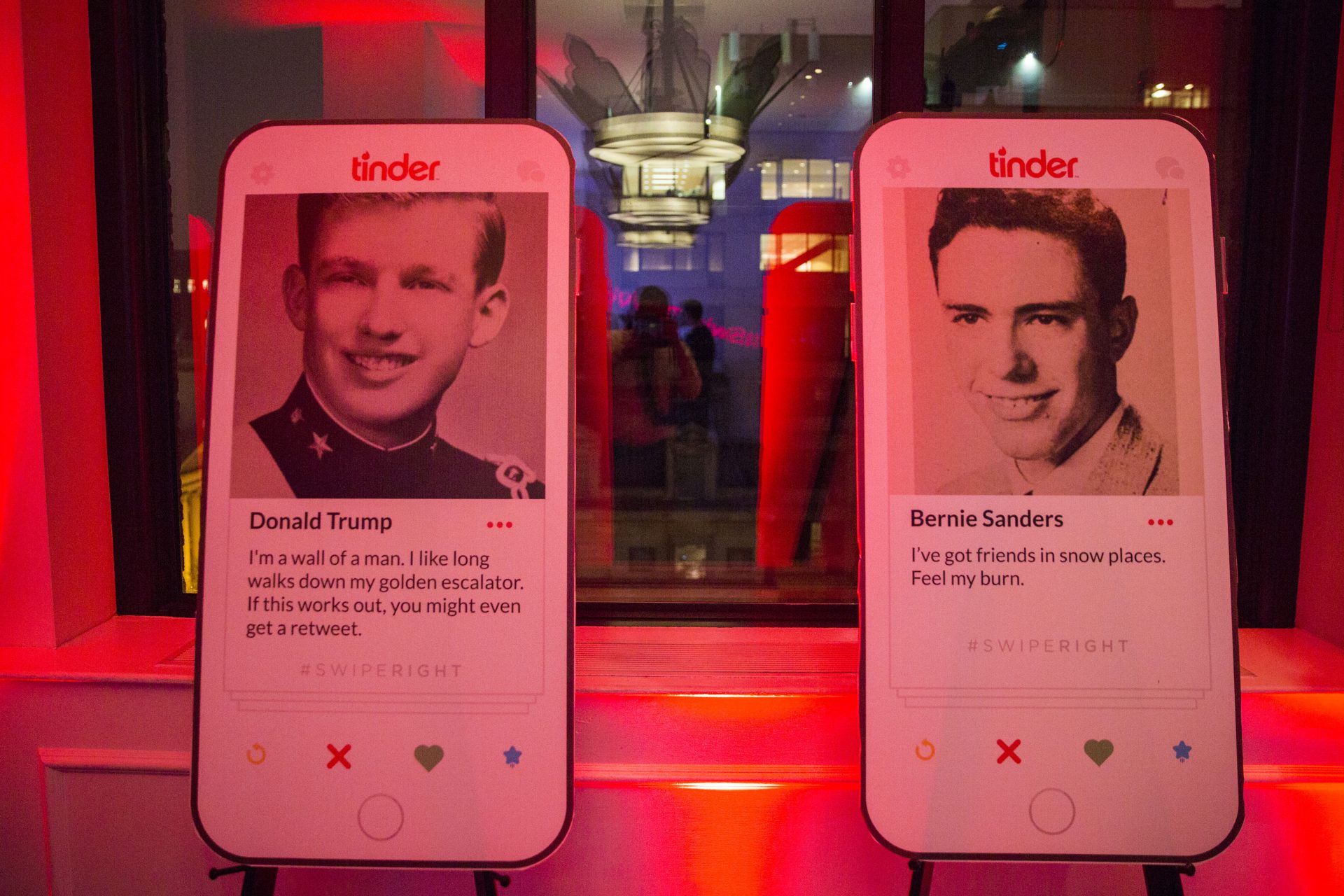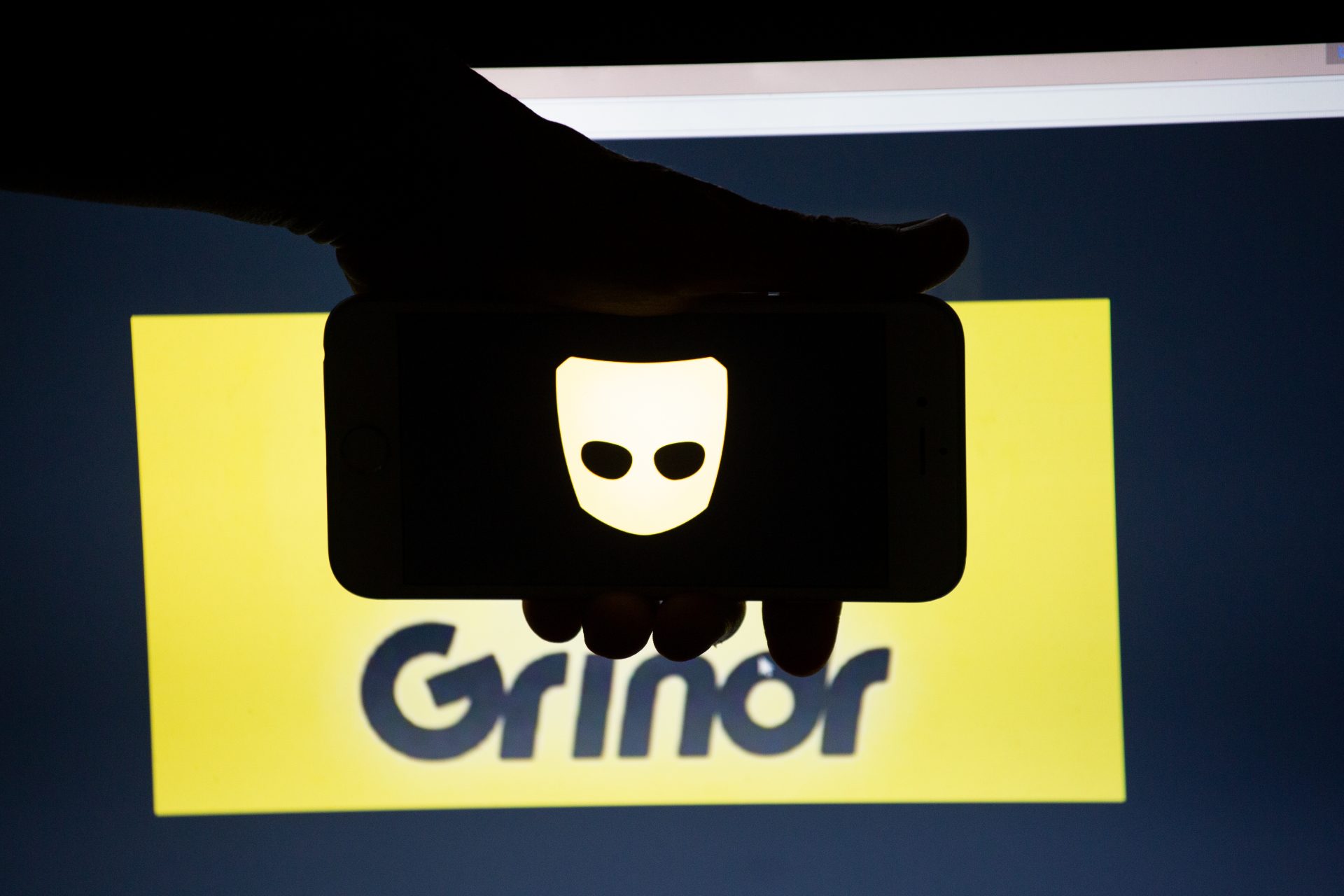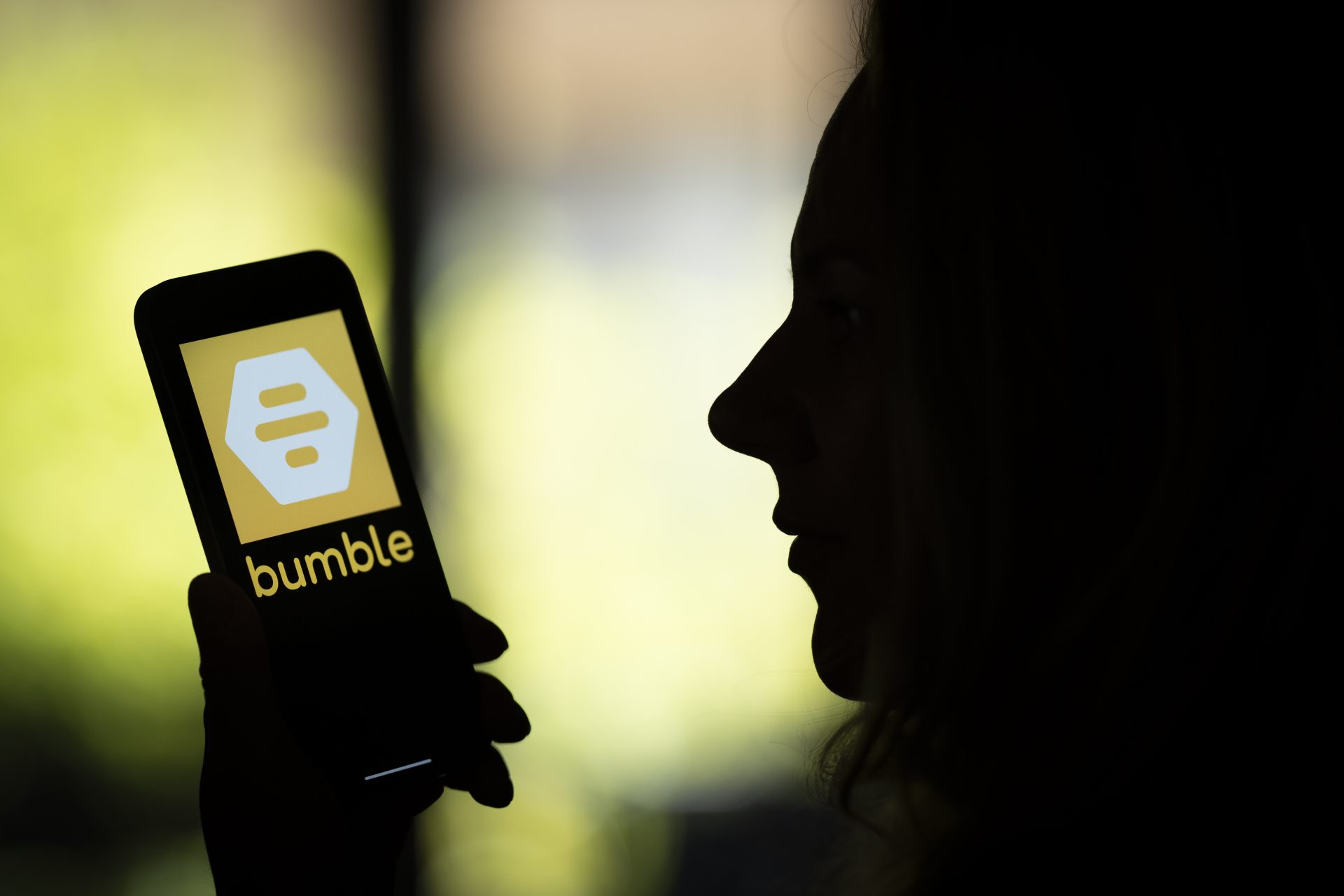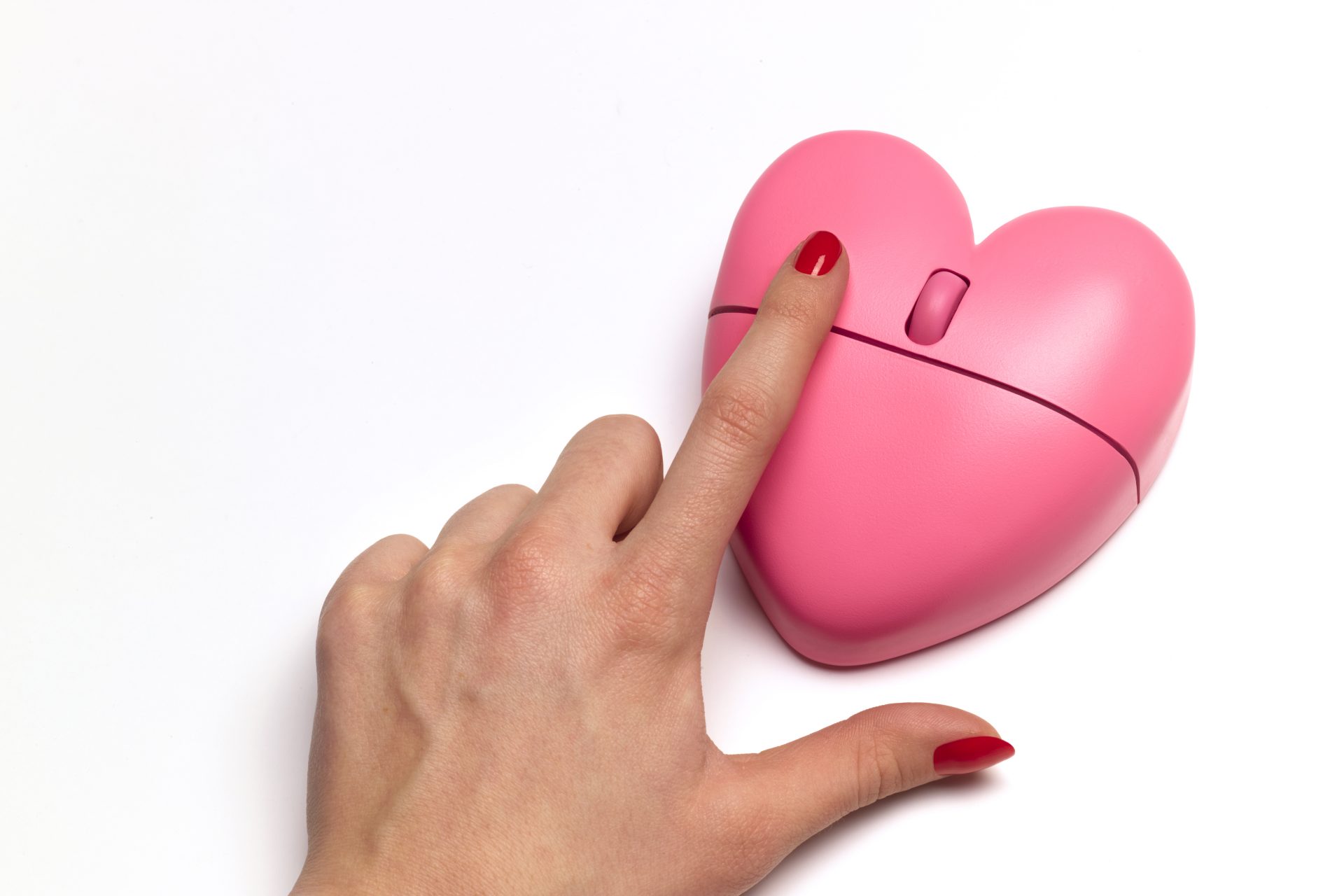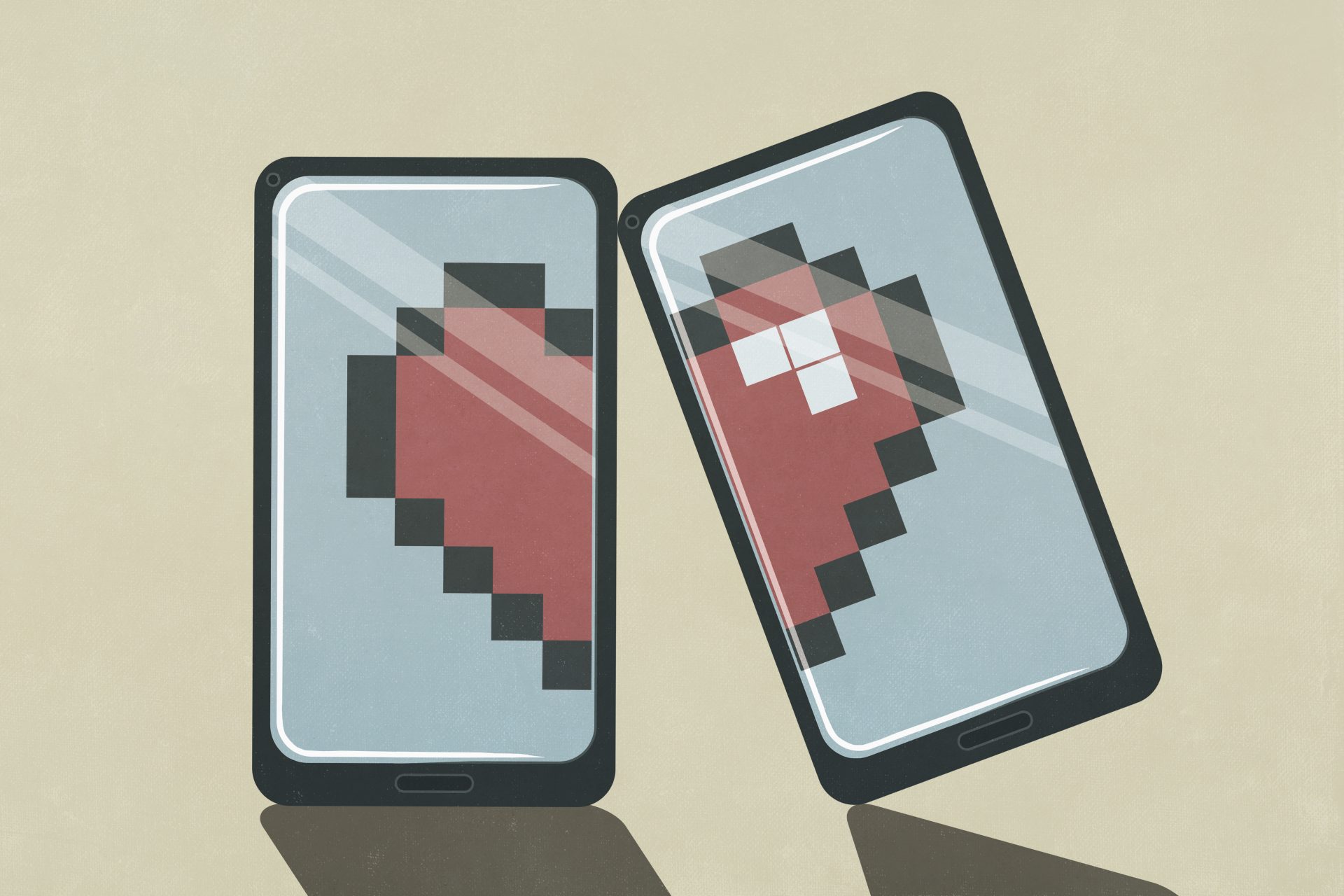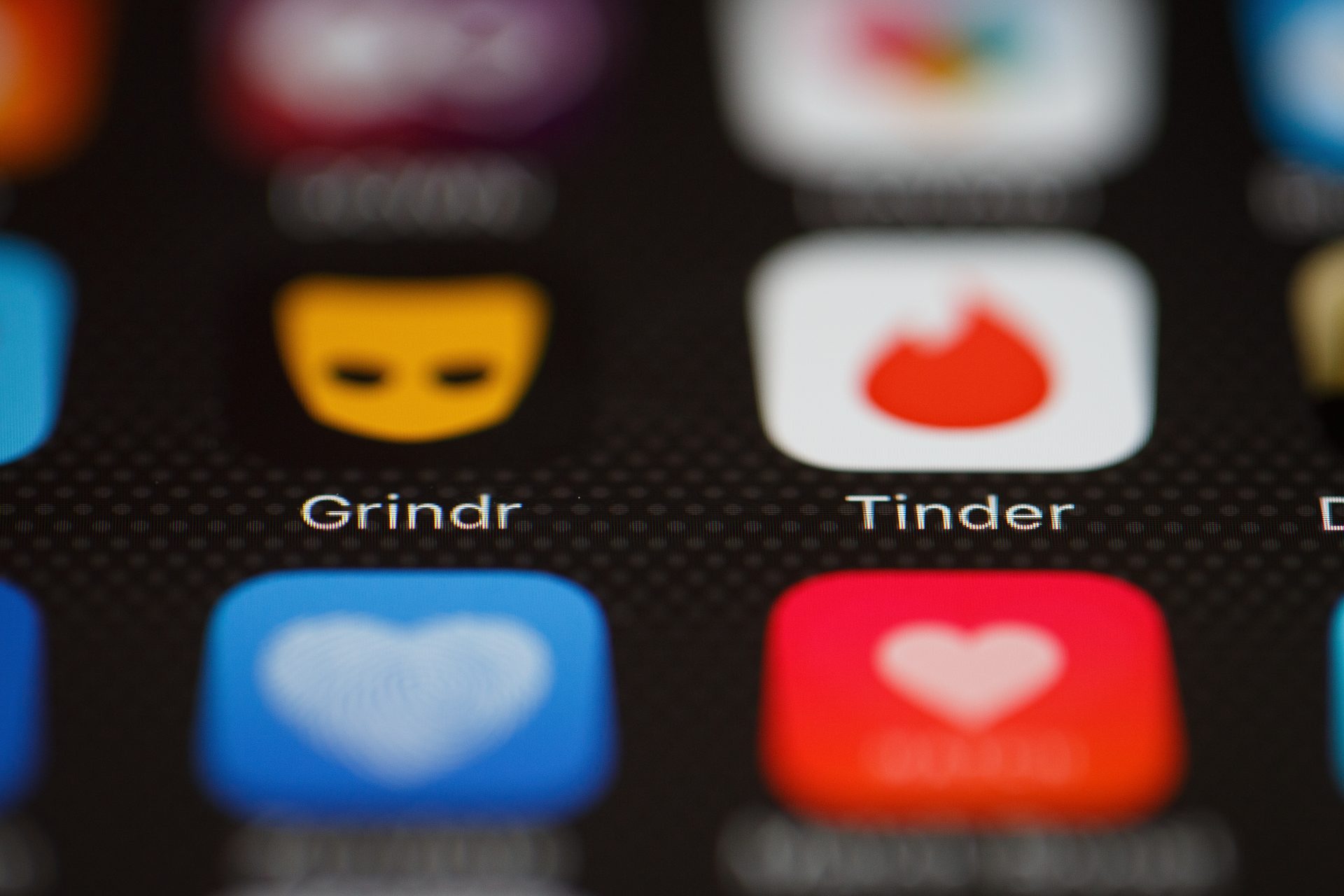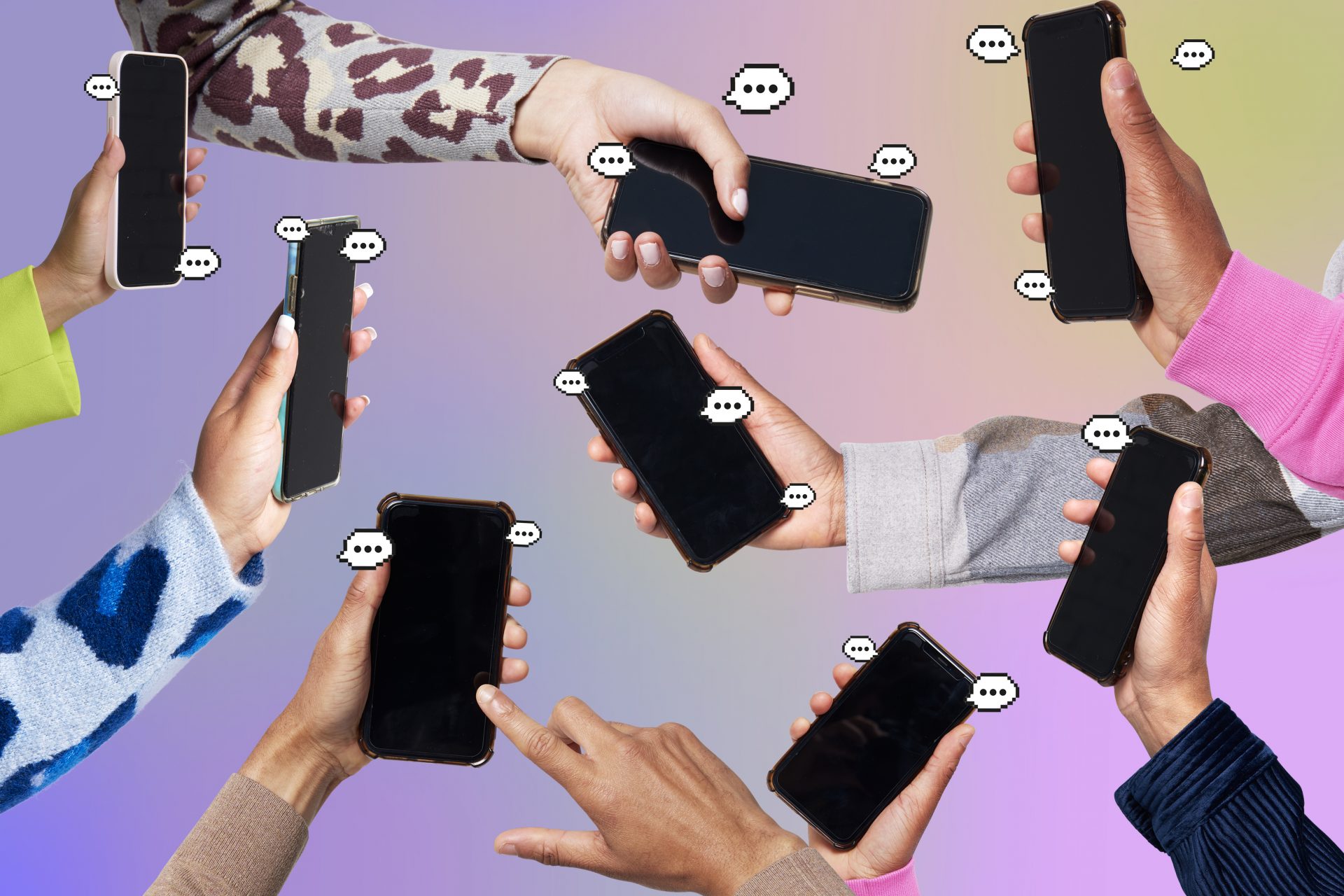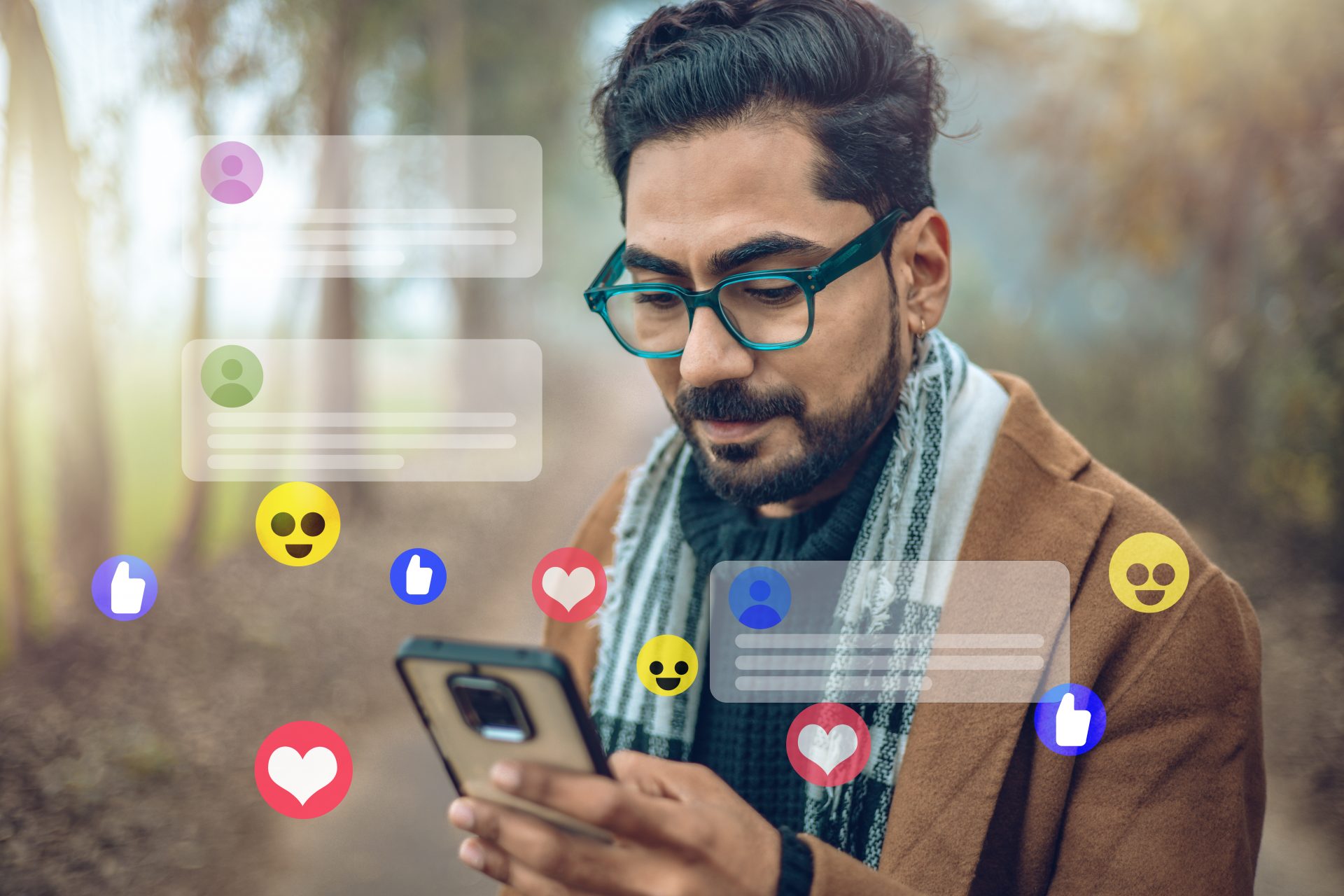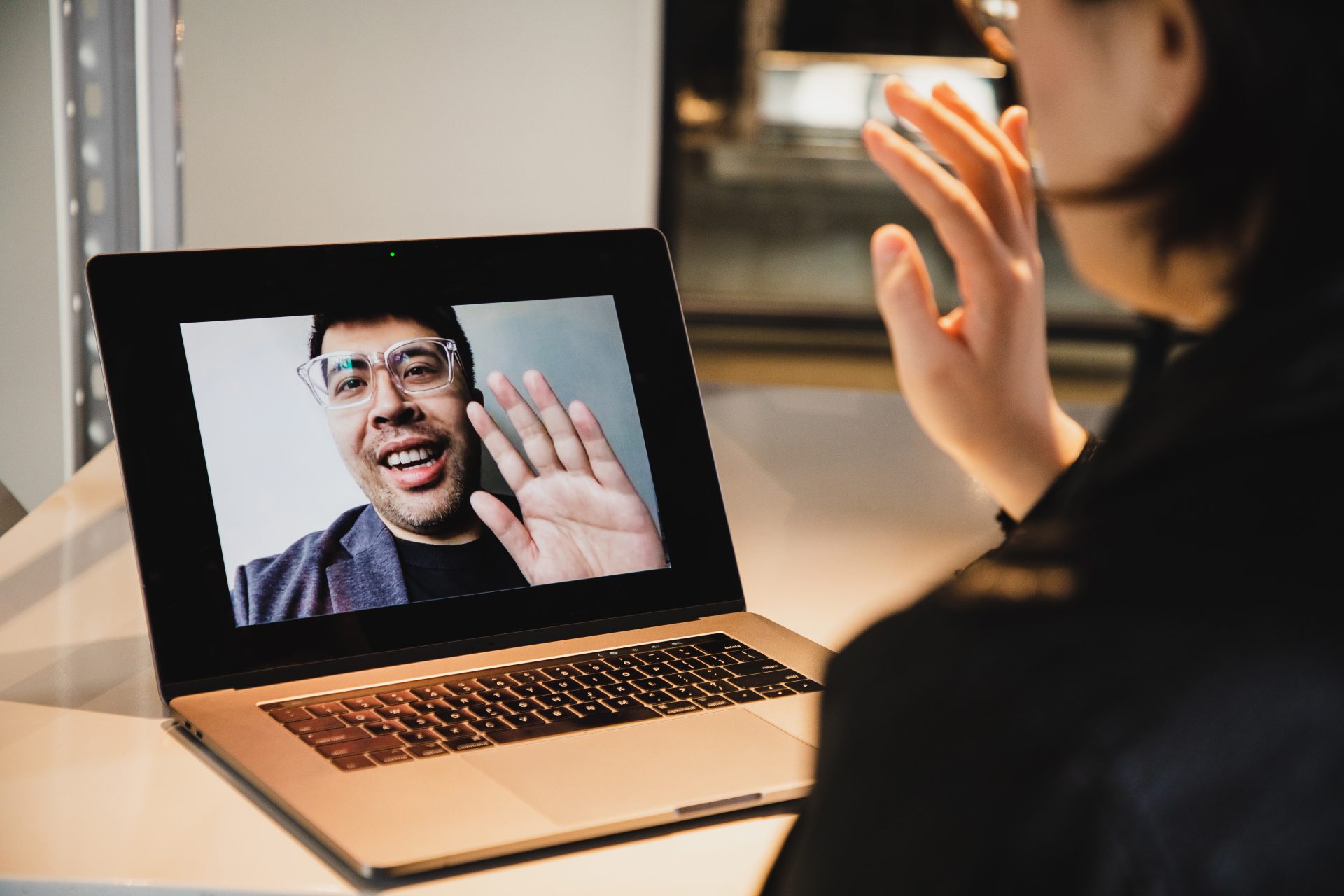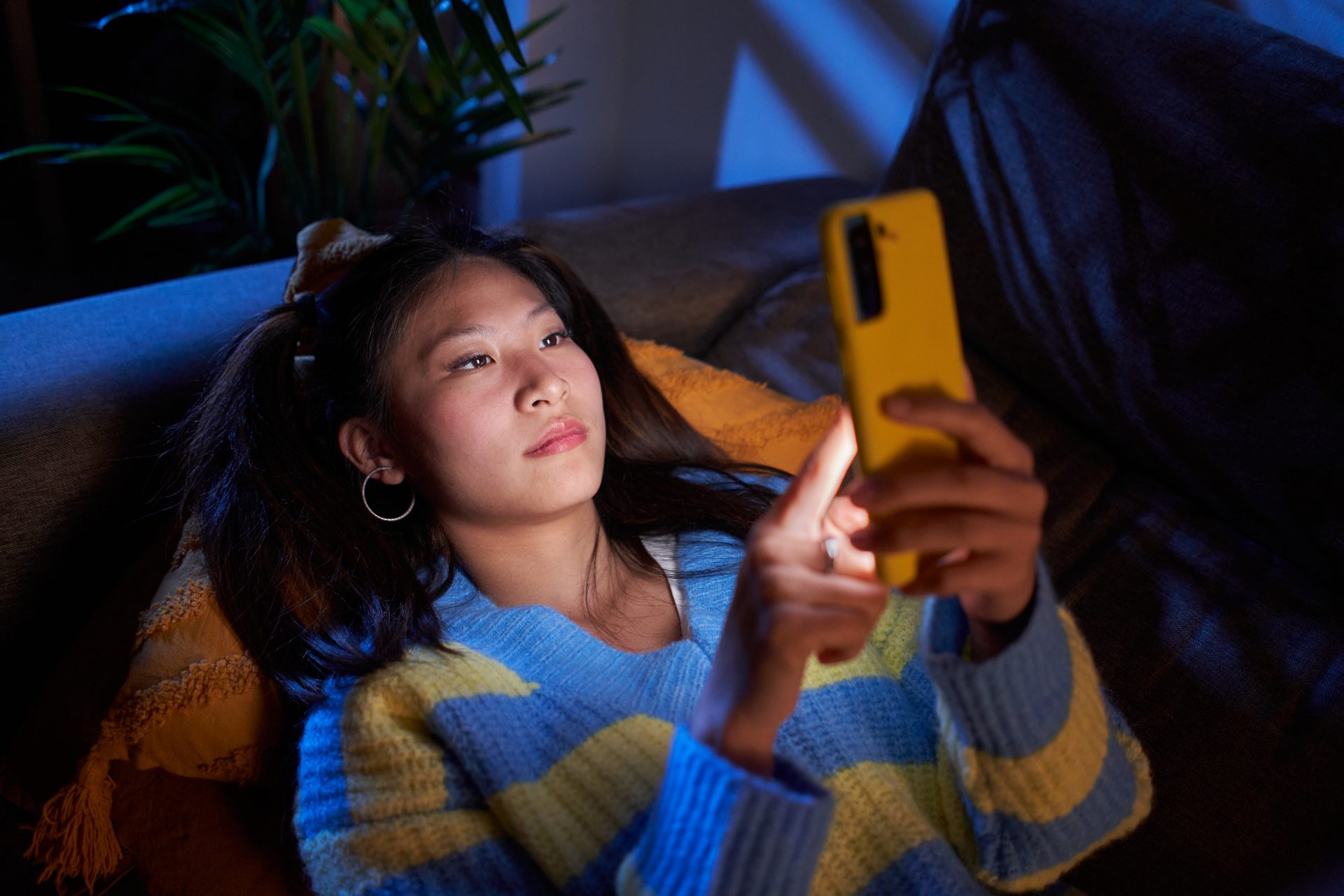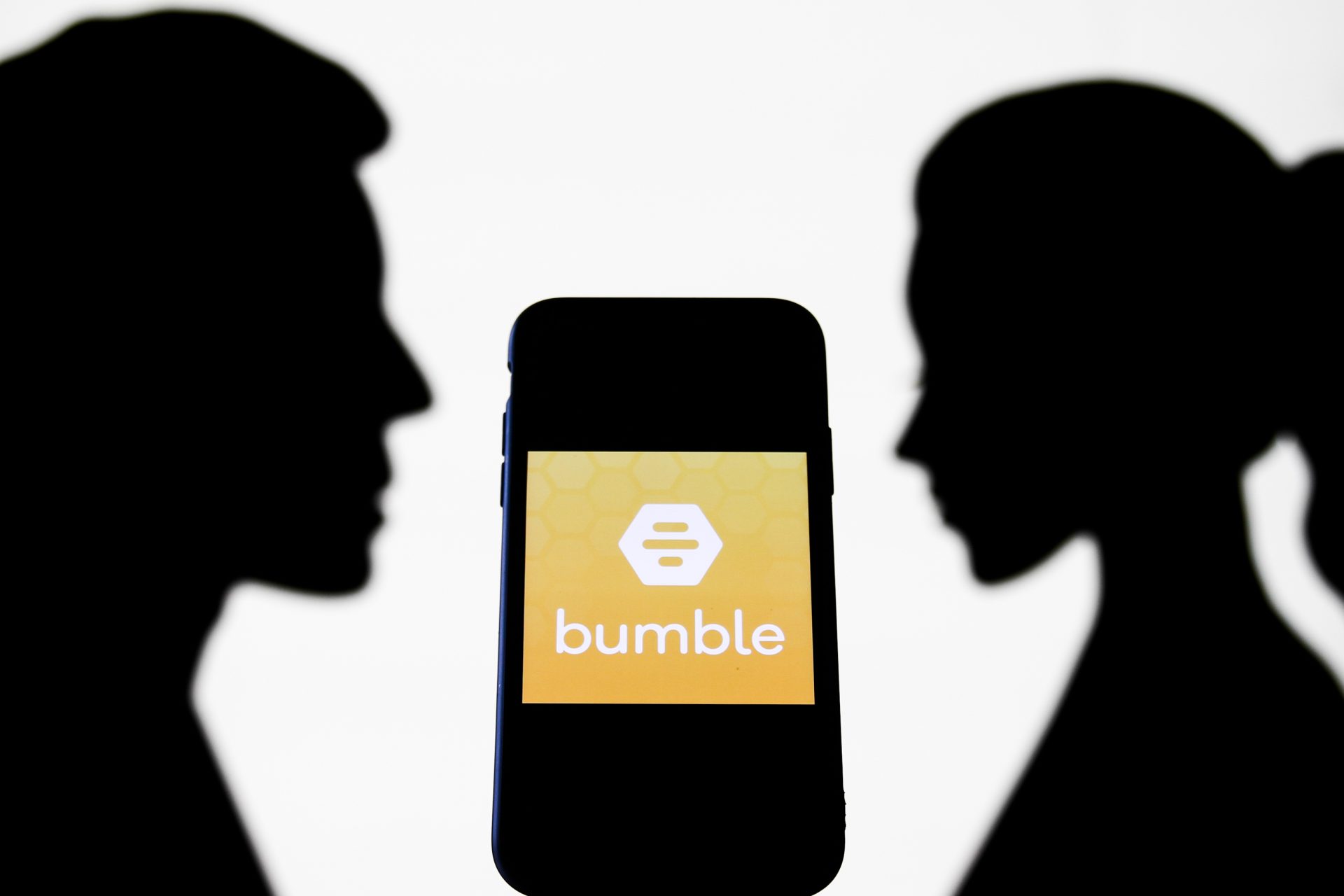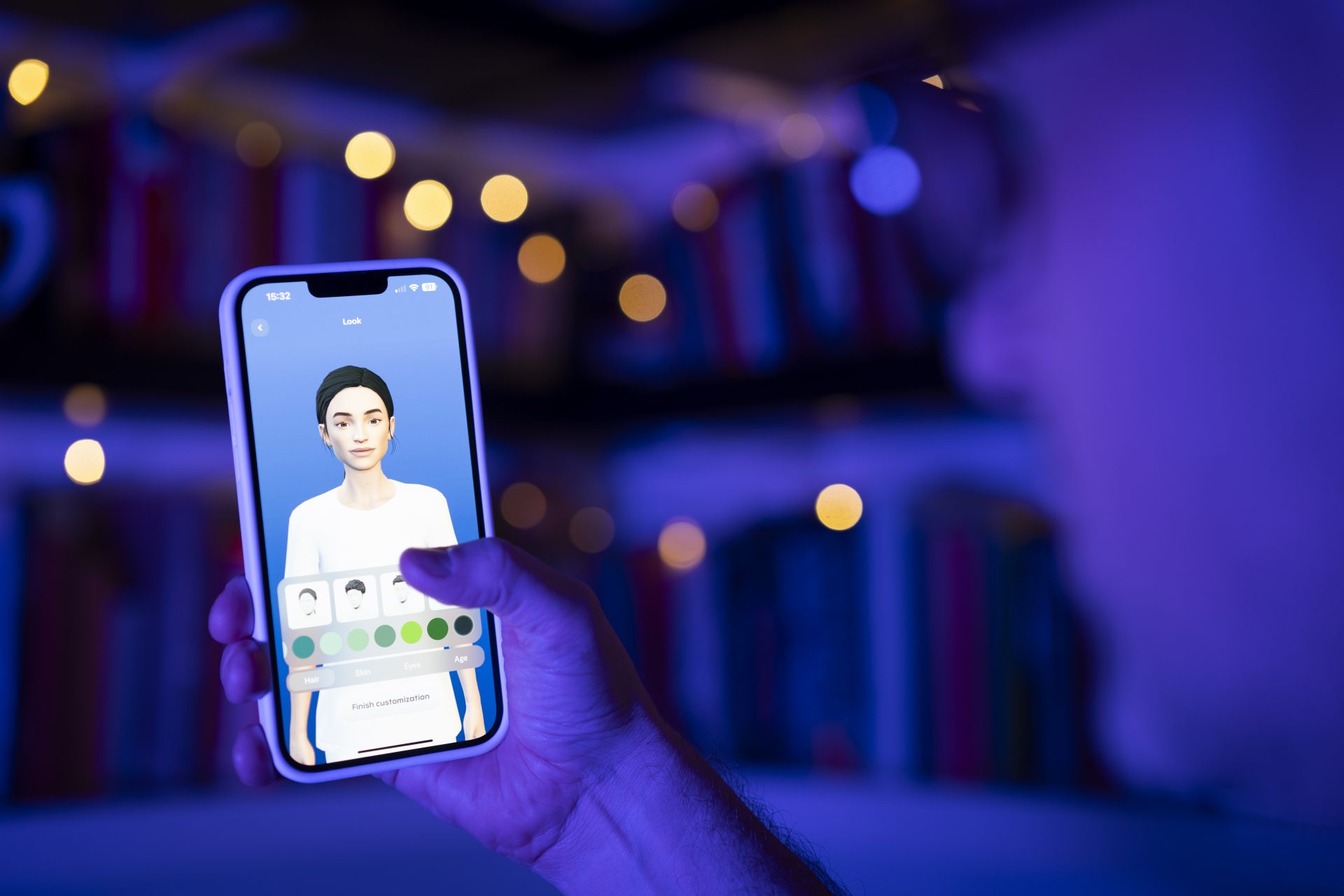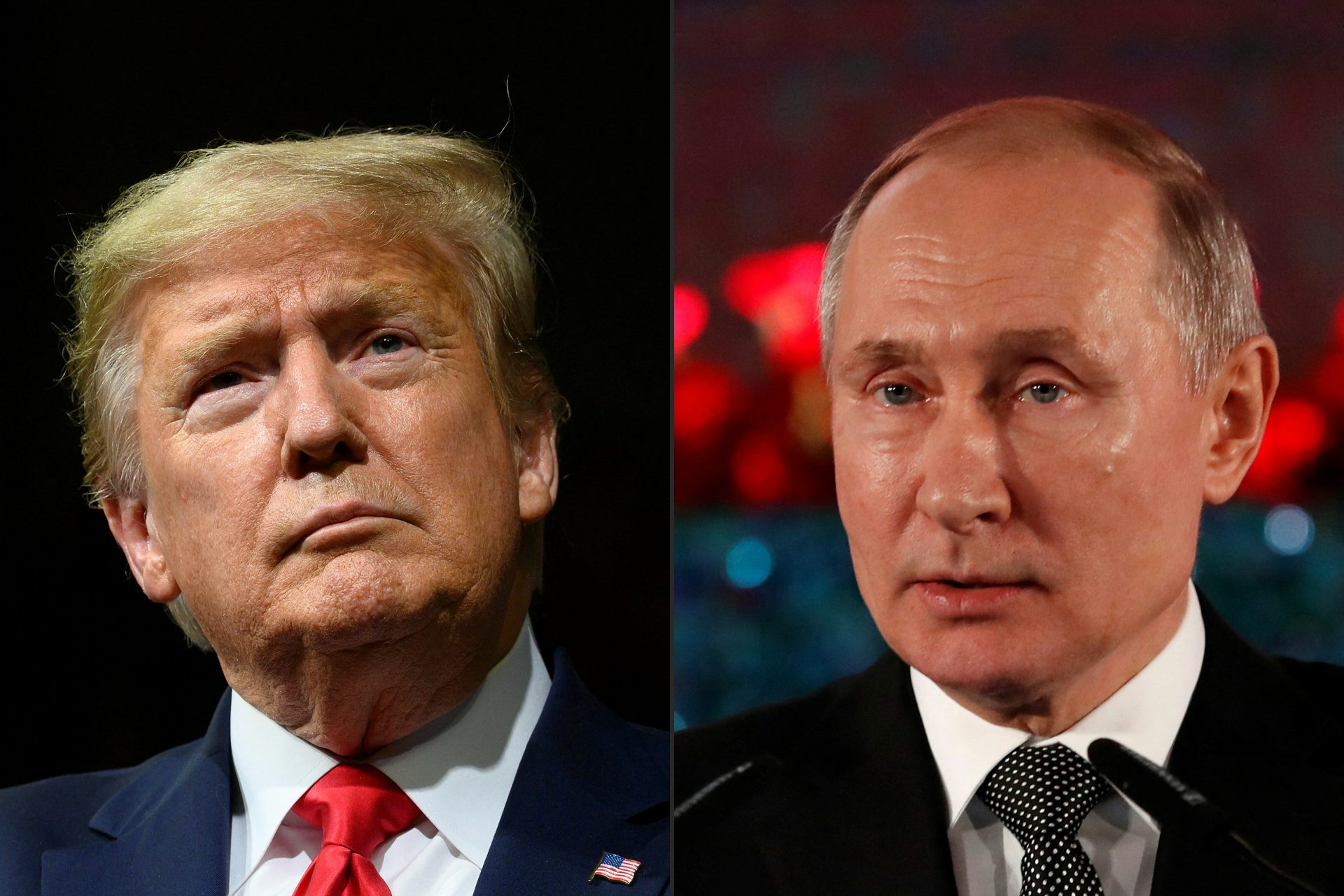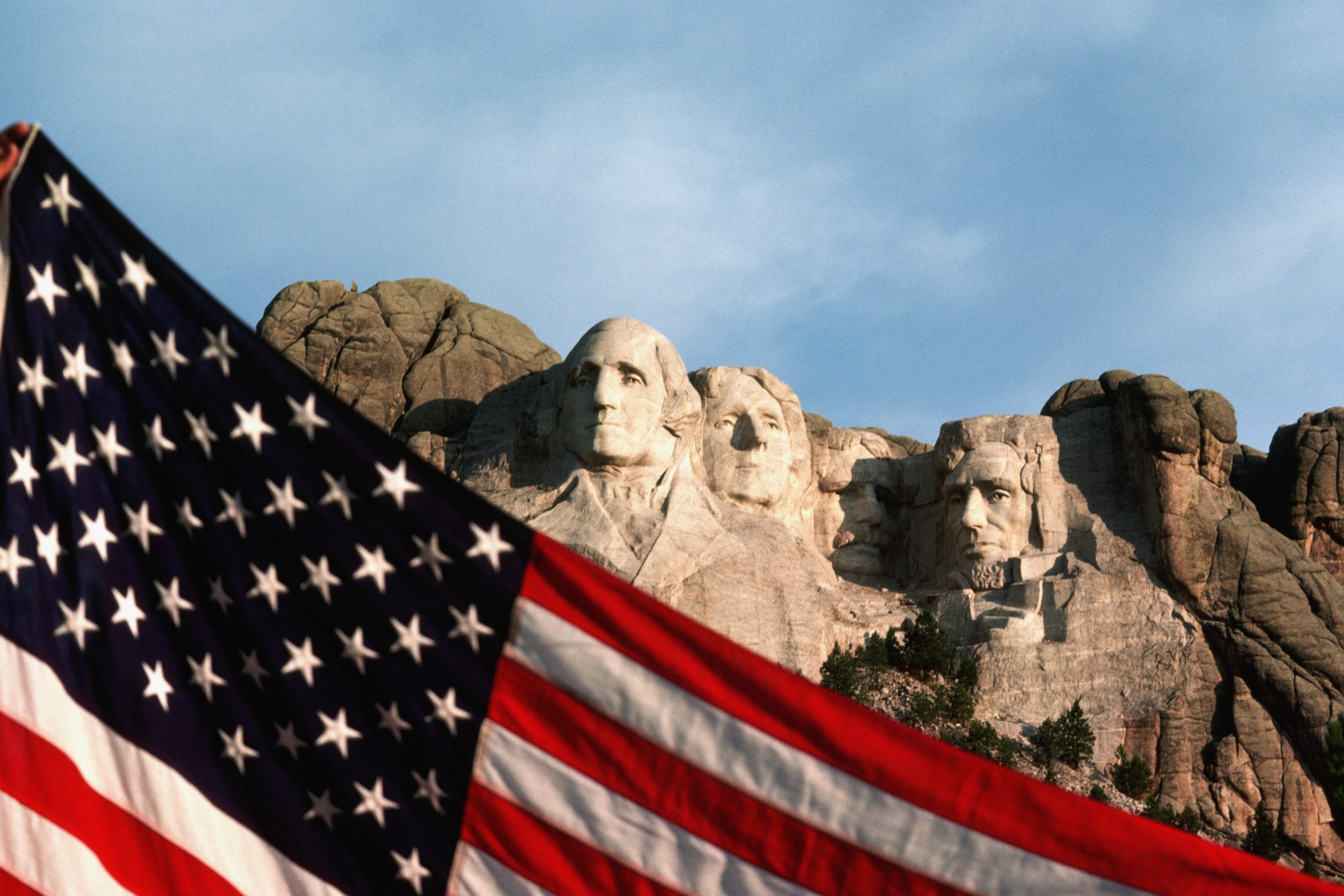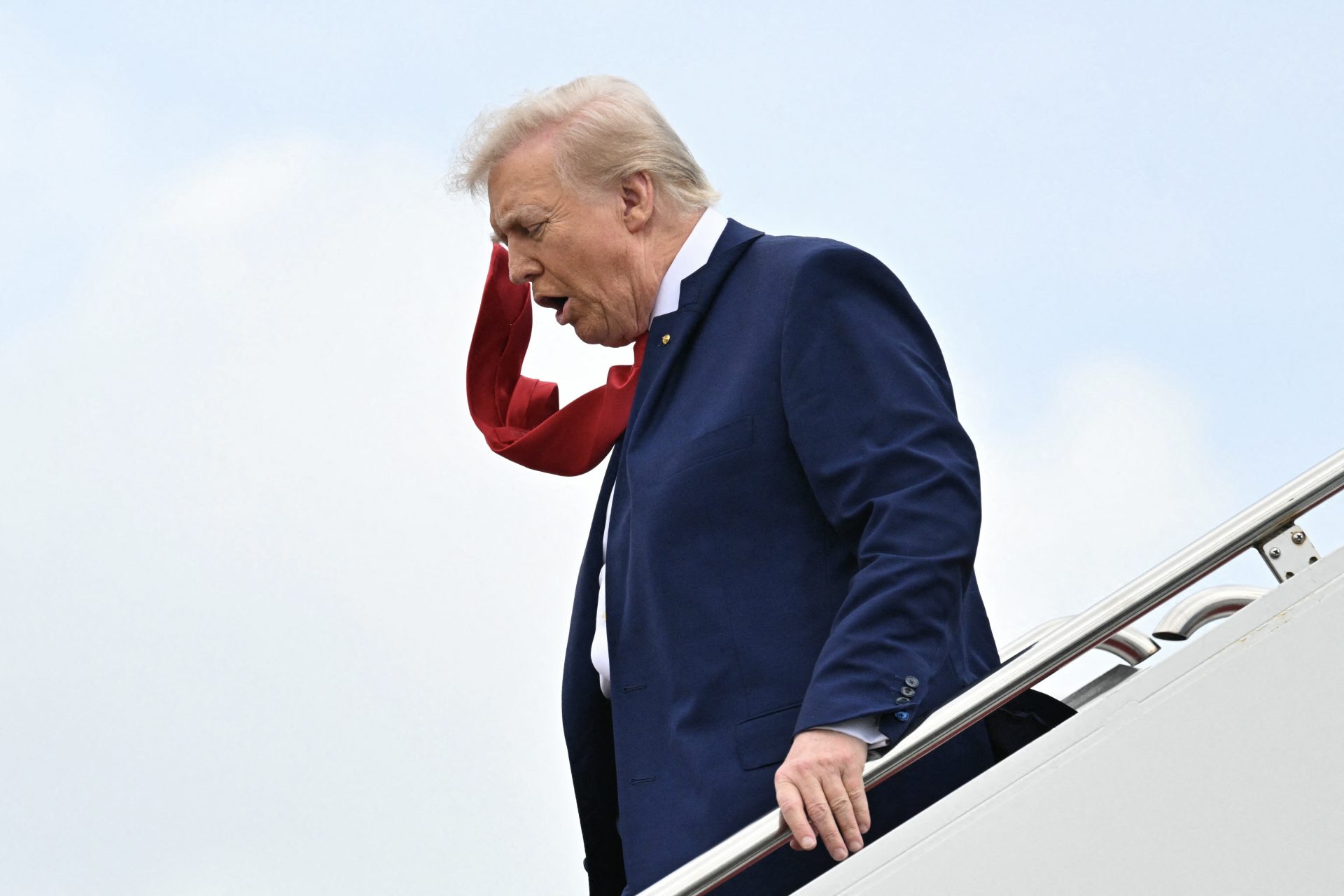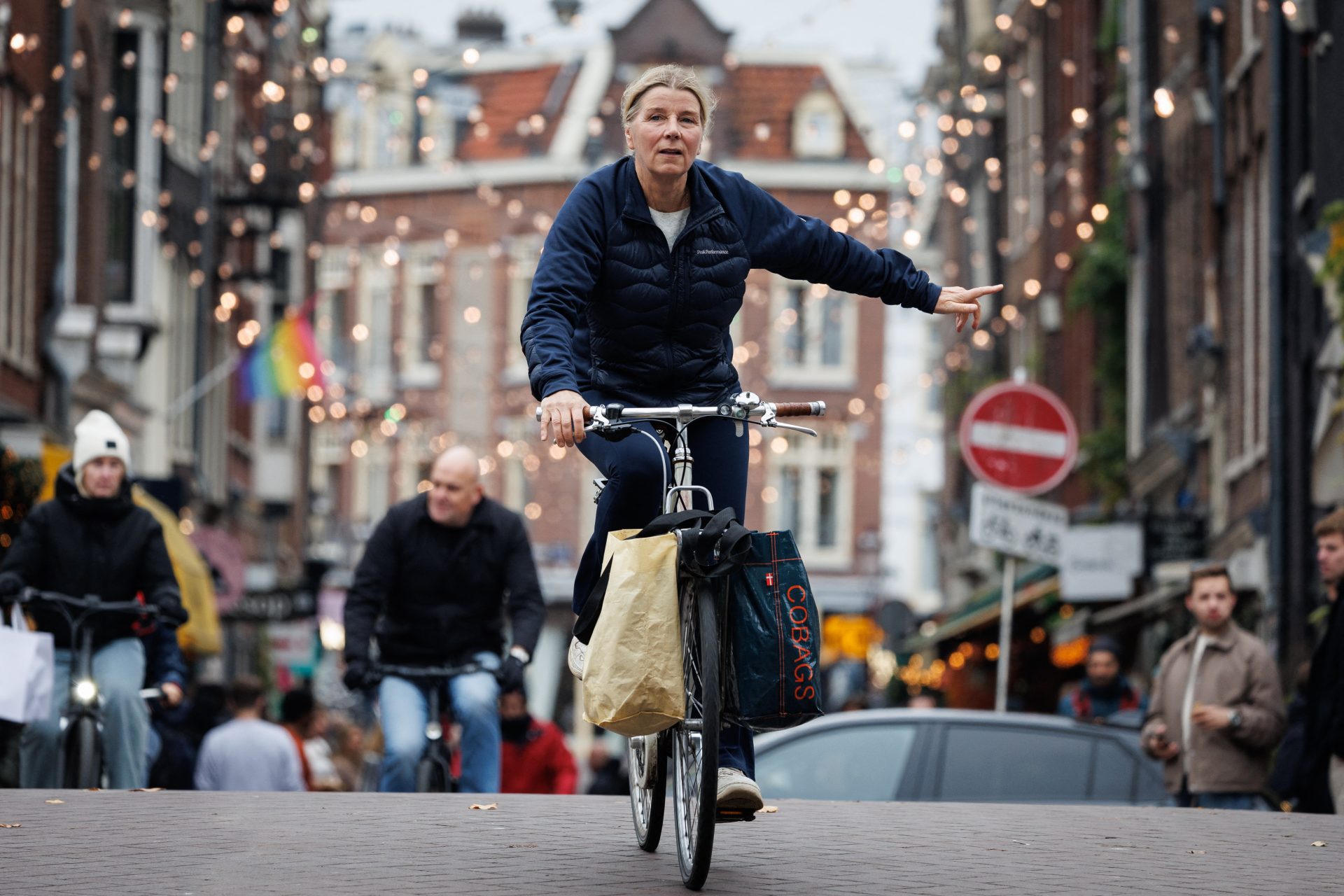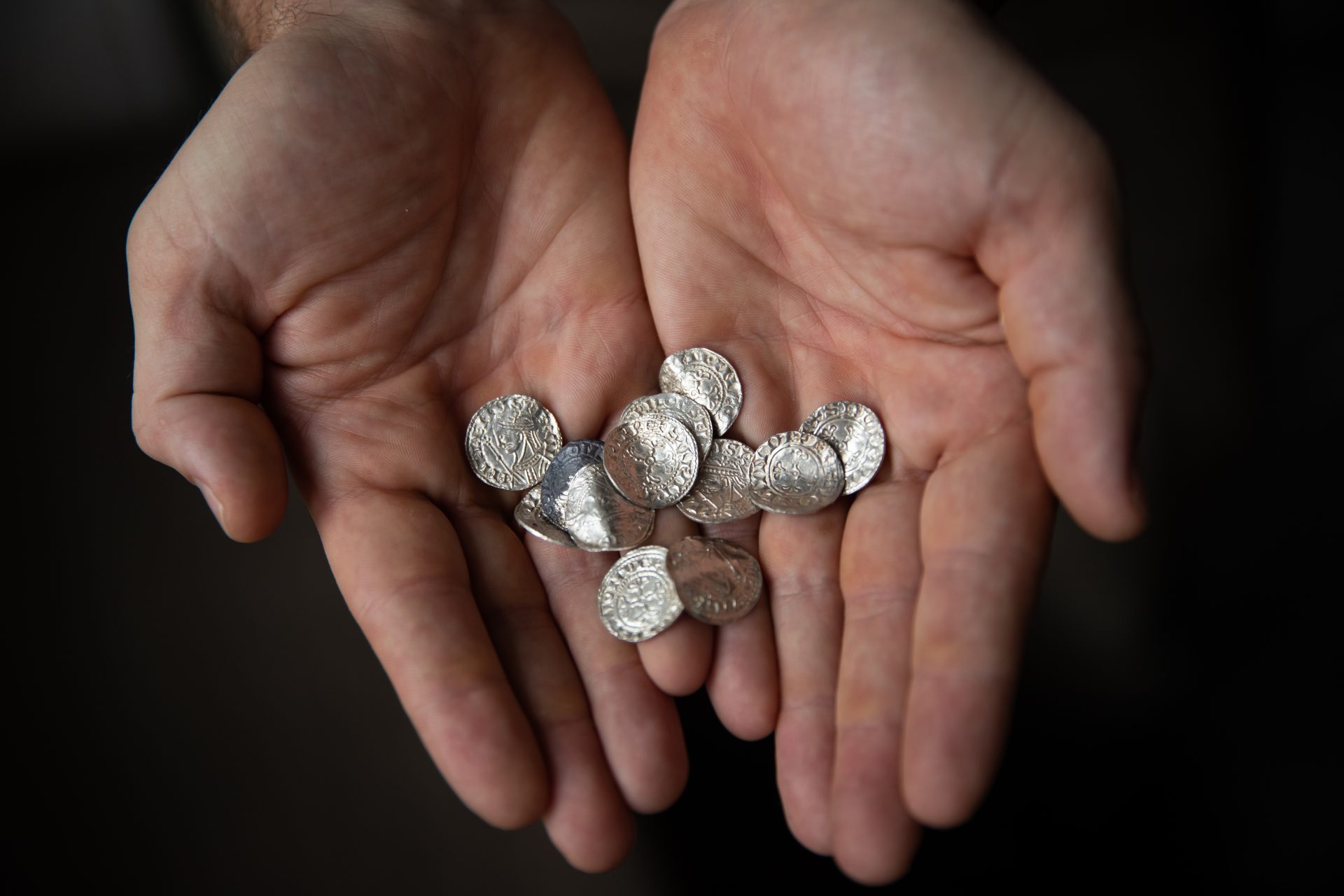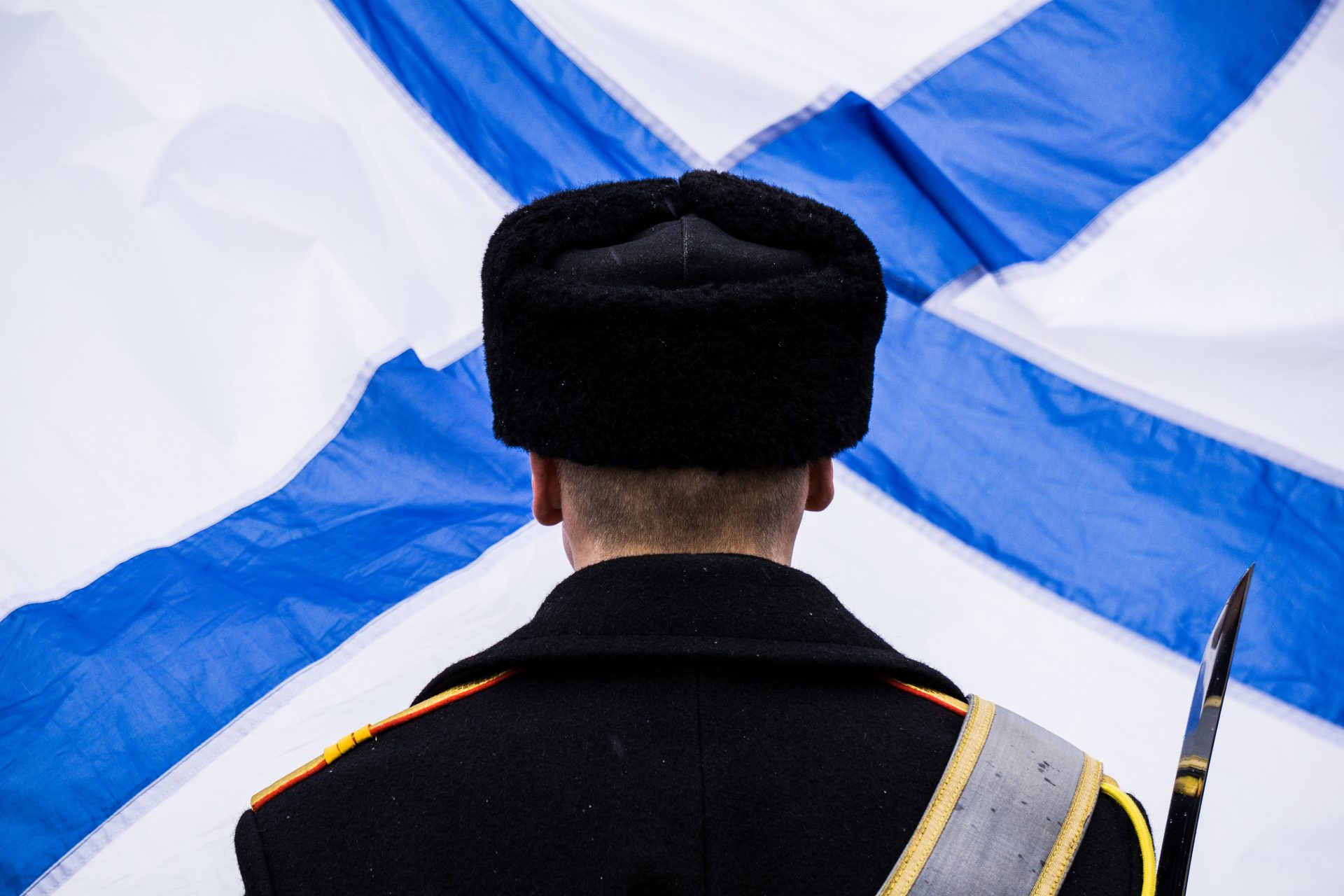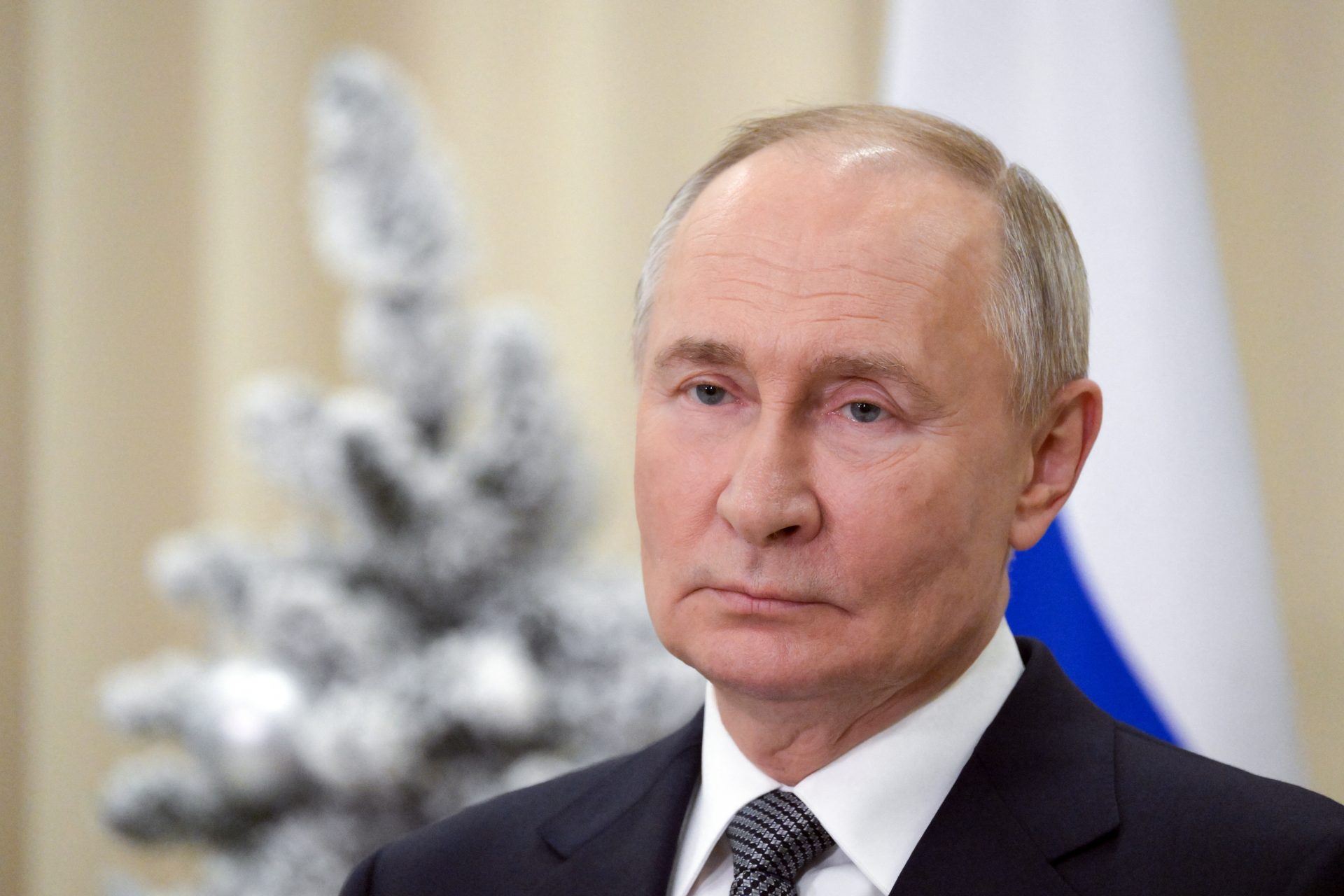Engineering the perfect online match with the world's smartest technology
AI promises to change all aspects of the world as we know it and romance is no exception as dating platforms bake the new technology into their programs, helping users find the perfect match.
Already one in three men between the ages 18 to 34 use ChatGPT for relationship advice and 14% of women, according to CNBC – just watch "South Park." So it seems inevitable that such advice could come in handy when attempting to make a match in the first place.
Bumble, Tinder, Grindr and Hinge are all either starting to use or about to introduce AI , with so-called “wingmen” coming up not only with the most appropriate chat up lines for a specific potential match, but also feedback on where you went wrong.
Some platforms like Bumble are also now using a so-called Deception Detector, harnessing AI to detect and get rid of fake, spam, or scam profiles.
“AI is going to help people make better connections,” Grindr chief product officer AJ Balance told the Financial Times. “It’s that friend in the bar who’s helping you to ask someone out – but in the virtual context.”
With the appeal of the swipe left or right culture and production-line approach to the business of falling in love on the wane, dating apps are keen to help users better navigate these turbulent waters.
A survey by Forbes Health/OnePoll in 2024 found that over 75% of dating app users had experienced burnout, with 40% putting this down to the fact that they had been unable to find anyone they clicked with, the FT reports.
Besides those tired of failing to make any good connections, 35% of respondents said they had been left feeling disappointed in people and 27% were simply tired of feeling rejected.
Forbes added that one-fifth of respondents were sick of feeling they had to present themselves in a certain way, and 18% were simply tired of updating their profile and juggling apps.
“I think sometimes people can feel very expendable when they are on an app and also there is an inherent competition that underlies everything,” says Dr. Judy Ho forensic neuropsychologist and Forbes Health Advisory Board member.
The competition factor makes the process feel particularly superficial with users often wondering if their date likes someone else more than them and who else they are dating at the same time, according to Forbes.
Rufus Tony Spann, Ph.D., a certified sex therapist tells Forbes, “People who experience burnout with dating apps are exhausted from constantly meeting new people, failing opportunities and lies.”
Dr. Spann adds that, “over time, the unfortunate misgivings of being on a dating app can cause someone to lose hope in the dating process and finding the right person.”
With this kind of weariness creeping in on behalf of app users, the profits of the most popular apps such as Tinder and Bumble have been flatlining recently, with Bumble shares tumbling by 25% last month.
Companies are now holding out for an AI rescue with Bumble chief executive Lidiane Jones telling the FT that her company’s AI “conversation support” would “help our customers gain confidence to be their best selves.”
But will AI improve app users chances of finding what they’re looking for? Carolina Bandinelli, a researcher at the University of Warwick, is skeptical.
“The endpoint of all this is about turning love into an efficient matchmaking activity rather than an unpredictable turn of destiny,” she told the Financial Times. “And I don’t think that’s possible.”
More for you
Top Stories



